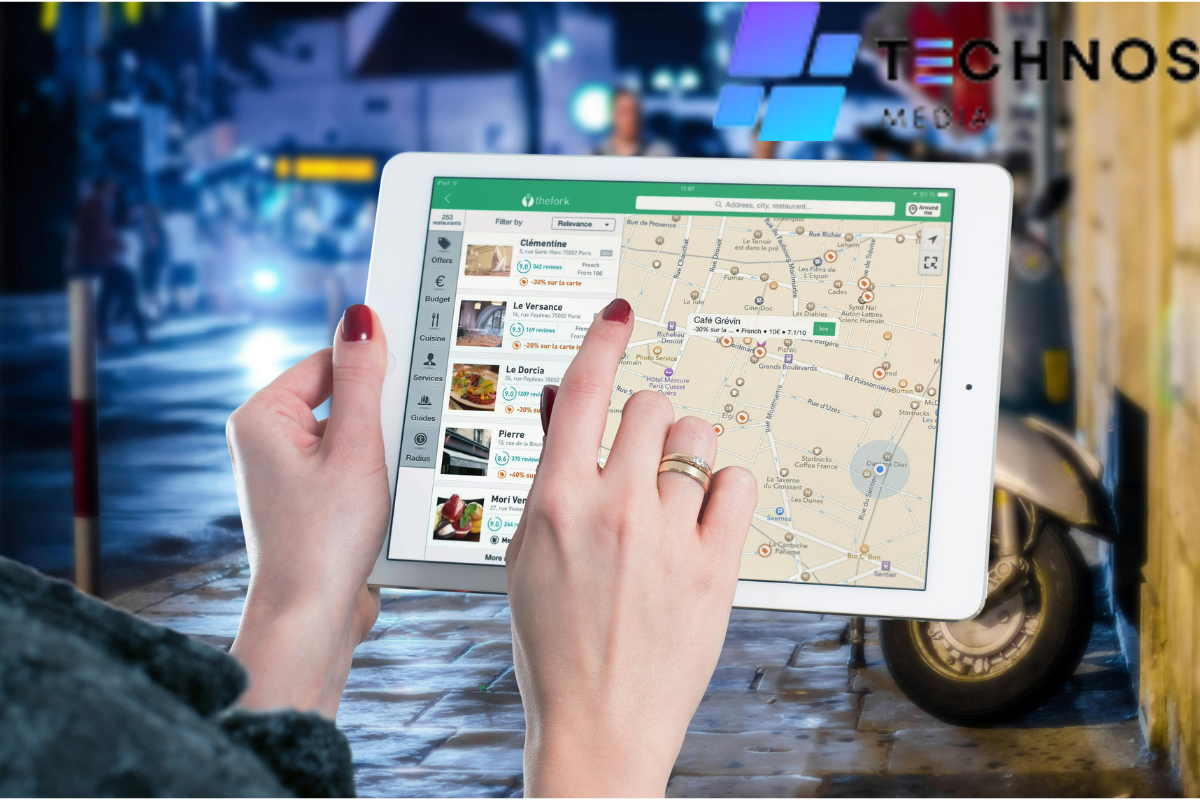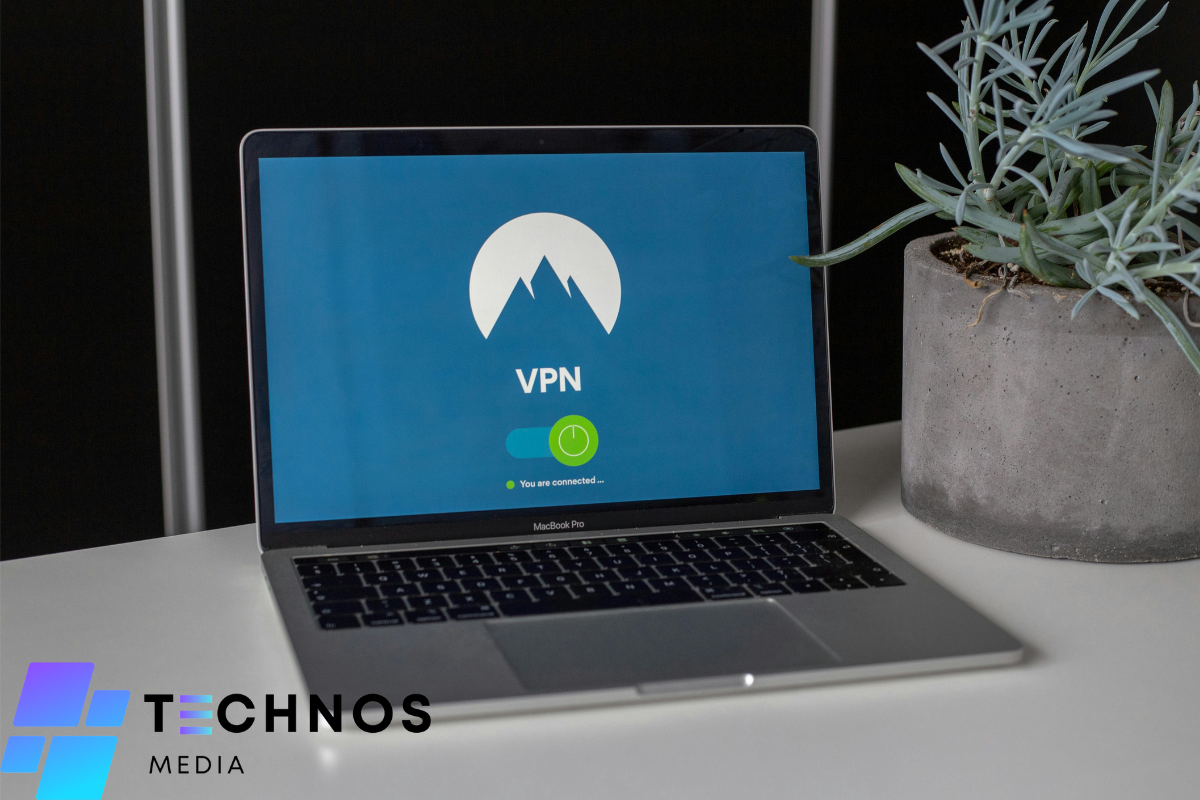How GPS Technology Changed the Trucking Industry

Strong 8k brings an ultra-HD IPTV experience to your living room and your pocket.
The trucking industry is a vital component of the global supply chain, responsible for transporting goods across vast distances. Over the years, technological advancements have played a crucial role in improving the efficiency, safety, and profitability of trucking operations. One such game-changing innovation is GPS technology, which has transformed how trucking companies navigate, track vehicles, and manage logistics.
In this blog, we will explore how GPS technology has revolutionized the trucking industry, focusing on its impact on route optimization, safety, fleet management, fuel efficiency, and overall business performance.
The Rise of GPS Technology in Trucking
GPS, or Global Positioning System, is a satellite-based navigation system that enables precise location tracking anywhere on Earth. Since its development in the 1990s, GPS technology has gradually integrated into various industries, and the trucking industry is no exception.
Initially, trucks relied on paper maps or road atlases for navigation. However, GPS technology has dramatically changed how drivers navigate, making routes more efficient, reducing travel time, and enhancing fleet management.
How GPS Technology Revolutionized Trucking
1. Improved Route Optimization
One of the most significant benefits of GPS technology for trucking companies is route optimization. GPS-enabled devices allow trucking companies to monitor real-time traffic data, road closures, and weather conditions. This data helps drivers and fleet managers make informed decisions about the most efficient routes.
Real-Time Traffic Updates: GPS systems provide live updates on traffic conditions, enabling drivers to avoid congested routes and minimize delays.
Dynamic Rerouting: If there are sudden road closures or accidents, GPS technology can instantly recalculate alternative routes, saving time and ensuring on-time deliveries.
Time and Cost Savings: Optimizing routes leads to significant savings in both time and fuel, reducing operational costs for trucking companies.
2. Enhanced Fleet Management
Fleet management refers to the coordination and oversight of vehicles in a company’s fleet. GPS technology has simplified this process by offering real-time tracking and data analysis to improve fleet performance.
Real-Time Vehicle Tracking: Fleet managers can track every vehicle's location, speed, and movement in real time, providing better control and management.
Driver Behavior Monitoring: GPS systems can detect and report driver behaviors like speeding, harsh braking, and idling, which can be addressed with corrective actions.
Automated Reporting: GPS technology automates the process of generating reports on vehicle performance, fuel consumption, and maintenance schedules, making it easier for companies to track efficiency and improve operations.
3. Increased Safety and Security
Safety is a top priority in the trucking industry, given the potential risks on the road. GPS technology has significantly enhanced both driver safety and vehicle security.
Emergency Assistance: In case of an emergency, GPS-enabled devices can help locate the vehicle's exact position, facilitating faster response times from emergency services.
Geofencing: GPS technology allows fleet managers to set geofences, virtual boundaries that alert them if a vehicle enters or leaves a designated area. This feature enhances cargo security and helps prevent theft.
Driver Fatigue Monitoring: GPS systems can track driving hours, ensuring that drivers take adequate rest breaks, preventing accidents caused by driver fatigue.
4. Improved Fuel Efficiency
Fuel costs are one of the most significant expenses for trucking companies, and GPS technology helps mitigate this through route optimization and driver behavior monitoring.
Optimized Routes: As mentioned earlier, GPS systems help drivers take the most fuel-efficient routes, minimizing detours and unnecessary fuel consumption.
Fuel Consumption Data: GPS trackers can provide detailed data on fuel consumption, helping fleet managers identify inefficiencies and implement corrective measures.
Reduced Idling Time: GPS-enabled systems can track excessive idling, allowing managers to address the issue, reduce fuel waste, and improve overall fuel efficiency.
5. Enhanced Customer Experience
With the rise of e-commerce and increasing customer expectations, delivering goods on time is more critical than ever. GPS technology plays a vital role in enhancing customer satisfaction.
Real-Time Tracking for Customers: Many trucking companies now offer customers the ability to track their deliveries in real time. This transparency builds trust and improves the overall customer experience.
On-Time Deliveries: By optimizing routes and reducing delays, GPS technology helps ensure on-time deliveries, which is essential for meeting customer expectations.
Accurate ETA: GPS systems provide accurate estimated time of arrival (ETA) data, allowing customers to plan and manage their schedules effectively.
6. Cost Savings and Increased Profitability
The combined benefits of GPS technology — including route optimization, fuel efficiency, and fleet management — lead to significant cost savings for trucking companies. These savings ultimately contribute to increased profitability.
Lower Operational Costs: With more efficient routing, reduced fuel consumption, and better vehicle management, companies save money on fuel, labor, and maintenance.
Reduced Insurance Costs: Some insurance providers offer discounts to fleets equipped with GPS tracking systems, recognizing the reduced risk of theft and accidents.
Asset Management: GPS technology helps trucking companies maximize the utilization of their vehicles, improving the return on investment (ROI) for their fleets.
7. Compliance and Regulation Adherence
The trucking industry is highly regulated, with various laws governing driver hours, vehicle maintenance, and safety standards. GPS technology assists companies in adhering to these regulations.
Electronic Logging Devices (ELDs): GPS-enabled ELDs help track driving hours, ensuring compliance with the Federal Motor Carrier Safety Administration (FMCSA) hours of service (HOS) regulations.
Maintenance Scheduling: GPS systems can monitor vehicle conditions and alert fleet managers when maintenance is due, ensuring compliance with safety standards and preventing costly breakdowns.
Data-Driven Compliance: GPS tracking systems provide automated data logs that can be used for audits and regulatory compliance checks, reducing the risk of penalties.
The Future of GPS Technology in Trucking
As technology continues to evolve, GPS systems will become even more advanced. Future developments include autonomous trucks, integrated AI-driven route planning, and enhanced predictive analytics.
Autonomous Trucks: Self-driving trucks, powered by GPS technology, could revolutionize the trucking industry by reducing labor costs, improving safety, and increasing efficiency.
AI and Machine Learning: AI will further optimize routes, anticipate potential delays, and even predict vehicle maintenance needs before they occur, allowing for more proactive management.
Blockchain Integration: GPS systems could integrate with blockchain technology for better tracking and verification of shipments, enhancing security and transparency in the supply chain.
Conclusion
GPS technology has undeniably transformed the trucking industry by improving route optimization, fleet management, driver safety, fuel efficiency, and overall operational efficiency. As trucking companies continue to embrace this technology, they will be better positioned to compete in a rapidly evolving market.
From reducing operational costs to enhancing customer satisfaction and ensuring compliance with regulations, GPS technology has become an essential tool for trucking companies worldwide. As the industry continues to evolve, the integration of advanced GPS systems will further shape the future of logistics and transportation.
Key Takeaways:
GPS technology has significantly improved route optimization and fleet management in the trucking industry.
It enhances driver safety, vehicle security, and overall operational efficiency.
GPS systems contribute to fuel efficiency, reducing operational costs and increasing profitability.
The future of GPS in trucking includes advancements in autonomous vehicles and AI-driven logistics.
Note: IndiBlogHub features both user-submitted and editorial content. We do not verify third-party contributions. Read our Disclaimer and Privacy Policyfor details.







